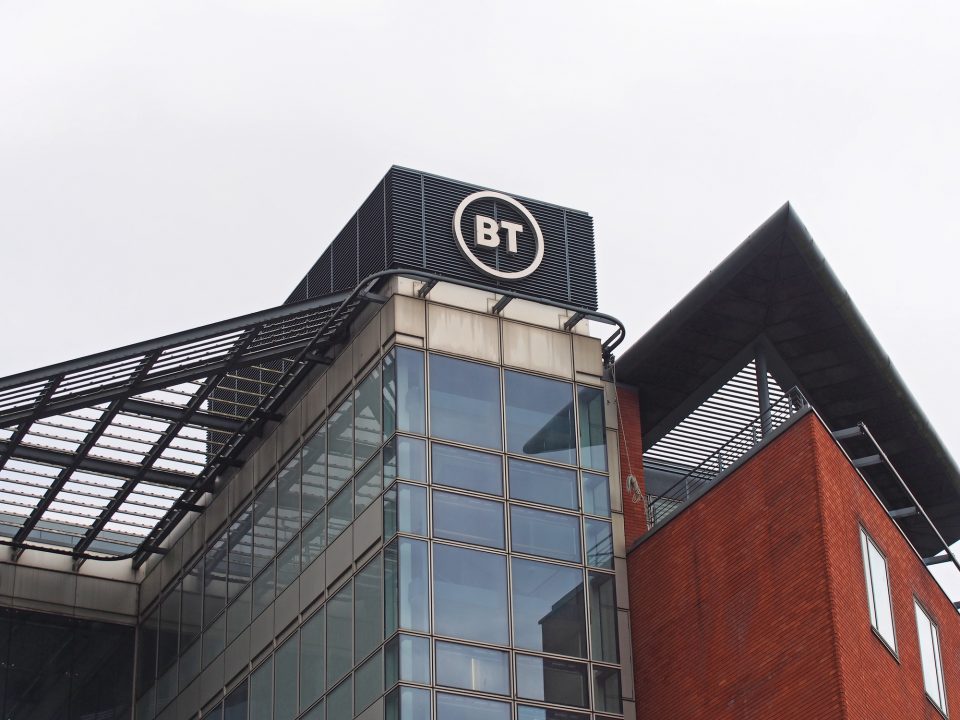Frontline telecoms workers at BT are to be balloted on the first strike action to hit the company in 35 years next month in a dispute over a real terms pay cut.
Employees at the firm slammed a “vicious attack on living standards” after a £1,500 flat rate offer fell well short of the rate of inflation.
The Communications Workers Union (CWU) branded the imposed rise “insulting” and will now consult its members on the company’s first walkout since the 1980s.
It means up to 40,000 staff across the business in BT, Openreach and EE – including those in Scotland – could take industrial action over the summer months.
A BT Group spokesperson said they were “disappointed” by the decision, claiming there would be “no winners” from the strike threat.
However CWU deputy general secretary Andy Kerr said key workers who helped keep the UK’s communications network running during the Covid shutdown deserved better after BT announced operating profits of around £1.3bn last year.
He added: “While those at the top are enjoying better profits than even they expected, some of the workers who made that profit for them are having to choose between heating or eating.
“They more than deserve an adequate reward for their contributions, and this is why they will be balloting to take strike action.”
More than 117,000 workers took action in January 1987 following BT’s decision not to reinstate engineers suspended during a row over pay and conditions.
The company, which was publicly owned at the time, was privatised seven years later.
Ballot papers are set to be dispatched on June 15.
A BT spokesperson said the firm’s pay “in most cases remains at or above the market rate” as it urged CWU members against the strike.
They added: “Having awarded our frontline colleagues the largest pay rise in over 20 years, we are disappointed that the CWU is considering industrial action, because if it goes ahead, nobody wins.
“By making a flat rate pay increase of £1,500 we ensured that our lowest paid colleagues received as much as an 8% increase while those on higher salaries would still receive more than 3%.
“We are emerging from a two-year global pandemic which has created difficult trading conditions for BT Group – and many other businesses – and has exacerbated a trend of year-on-year revenue declines over the last five years.”
Follow STV News on WhatsApp
Scan the QR code on your mobile device for all the latest news from around the country


 iStock
iStock
























